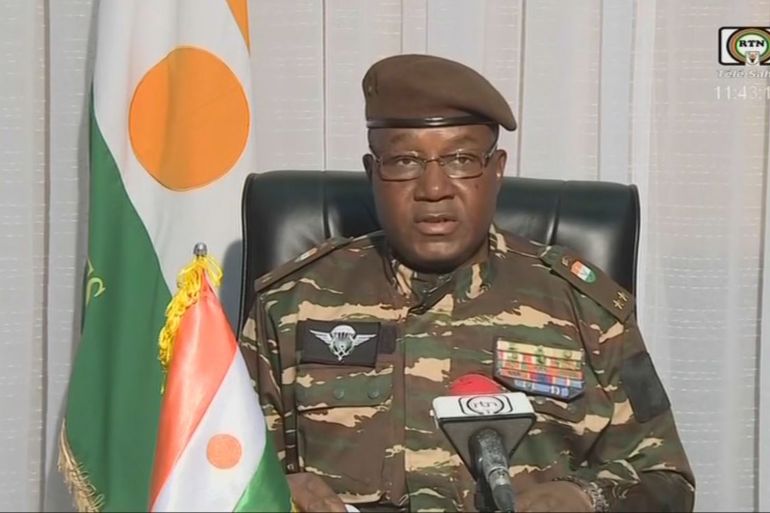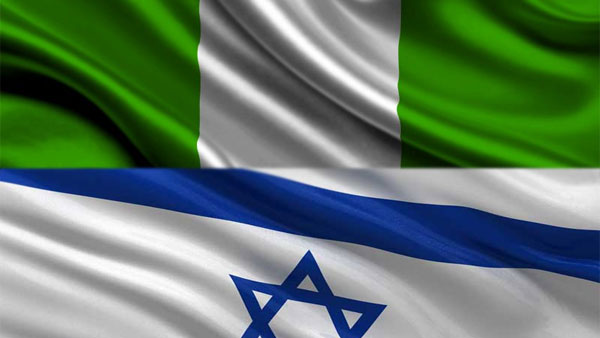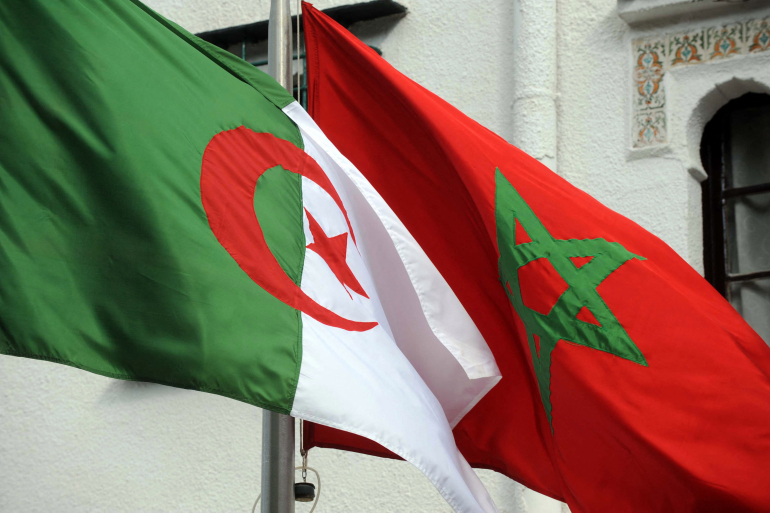The military junta in the Niger Republic has severed diplomatic relations with Nigeria following the failure of the Economic Community of West African States (ECOWAS) to resolve the ongoing crisis.
ECOWAS had given a seven-day ultimatum for the reinstatement of President Mohamed Bazoum to avoid a potential clash with the junta.
President Bola Tinubu sent a high-level delegation, led by General Abdulsalami Abubakar (rtd), to meet with the coup leaders, but they only met with representatives of the junta.
In response, Niger cut off ties with Nigeria, Togo, France (its former colonizer), and the United States. The junta announced the termination of the functions of the Republic of Niger’s ambassadors to the aforementioned countries.
The crisis began on July 26 when President Bazoum was detained by members of the Presidential Guard, and the military subsequently announced that they had seized power.
Gen. Abdourahamane Tchiani, the commander of Niger’s presidential guard, declared himself the head of a transitional government just two days after toppling Bazoum’s government.
The United States has expressed support for ECOWAS, led by Nigerian President Bola Tinubu, in efforts to reinstate Bazoum. US President Joe Biden called for the immediate release of Bazoum, emphasizing the importance of defending democratic values and constitutional order. Amid concerns of escalating conflict, some European countries have evacuated their nationals from Niger.


